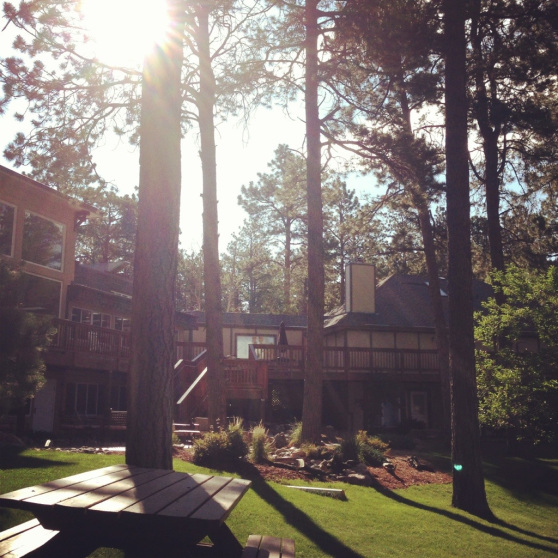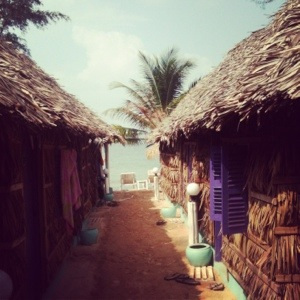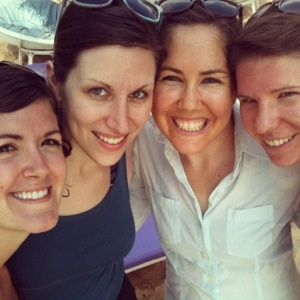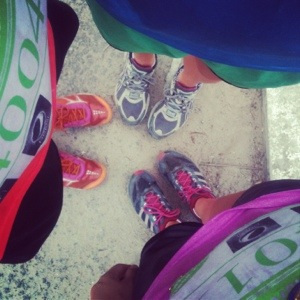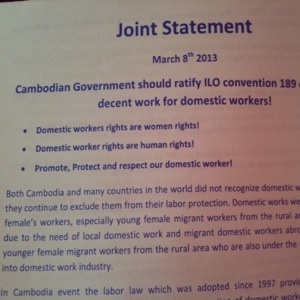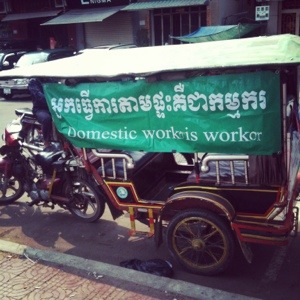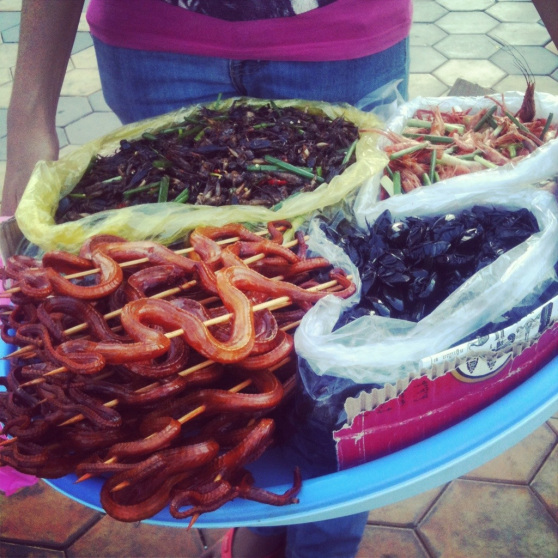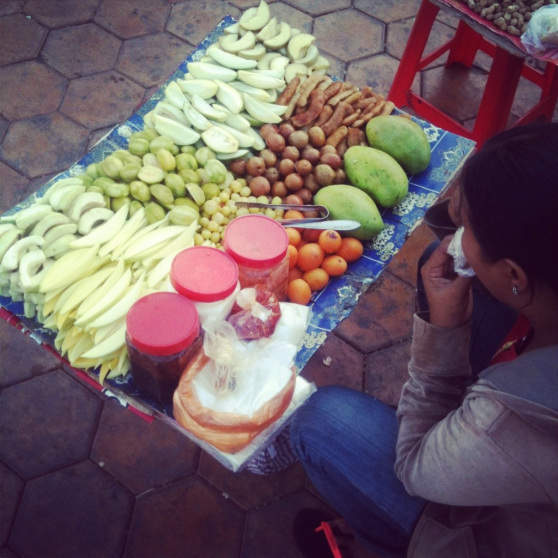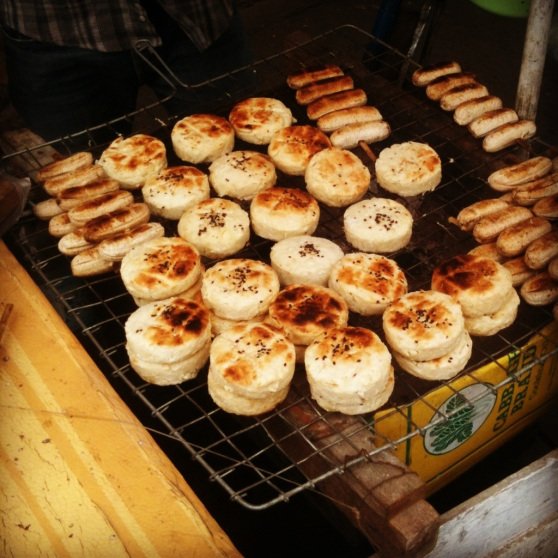What a week! I just finished spending five days in a ‘hideaway’ bed & breakfast in a pine forest with grass you can walk on and picnic benches, walking trails and even rain showers with rainbows. I’m an orange hue loving city girl, or so I thought, because I’m also an outdoor green lover too. Ah, paradox. On the first day our debrief teachers explained how we can simultaneously love something and also hate it, or love two seemingly opposite things at the same time. Bonhoeffer seemed to understand this dichotomy of paradoxes and wrote:
‘Who am I?
This or the other?
Am I one person today and tomorrow another?
Am I both at once?
A hypocrite before others, & before myself a contemptible woebegone weakling?
Or is something within me still like a beaten army feeling in disorder from victory already achieved?
Who am I?
They mock me, these lonely questions of me.
Whoever I am, Thou knowest, O God, I am Thine.’
Like him since I’ve been back I’ve wondered, who am I now? Where do I fit in? I’m yellow (American) and blue (Cambodian), and have also put on a new combined colour of deep green, a colour I can never shed. This both/and, tension life is one that I will forever own as part of my identity. I belong nowhere, yet I’m a citizen of the Kingdom. I miss Cambodia dearly yet I’m excited about being in Sacramento. I hate the hot humidity there while at the same time hate dry or colder weather here.
This week was a mix between structure and free time. Group sessions and individual counseling. There’s a scene in The Return of the King when the four guys return to the Shire and go into a pub and look around and feel completely out of place and alone… Then they each pick up their mugs, look each other, and without words ‘clink’ them together. It was a week that looked like this, of rubbing shoulders and sharing stories with like-minded people who could ‘clink glasses’ together and acknowledge we understand each other without words or long winded explanation or translation. A community of people from around the world who got my struggles, and could identify with my losses, and gains. It felt good.
It wasn’t a week of any major revelations, but rather a week of confirming that the feelings, both consciously and subconsciously, I experience are normal, and that my passion for incarnational ministry, cities, and human rights is still there. A reminder that my story is not over yet; God has a magnificent plan for my future. And not only does He have a plan for later but He’s here with me in the now; and gracious in giving me time & space to transition and integrate into a state of ‘new’ normalcy in the States.
I’m grateful for the chance at a week of debrief and renewal (and a gorgeous view of Pike’s Peak every morning), and for friends to share my heart with and to know that my stories were heard. And I’m grateful for the last four years in Cambodia, for all the good, the great, the bad, and the ugly; the full paradoxical story.
